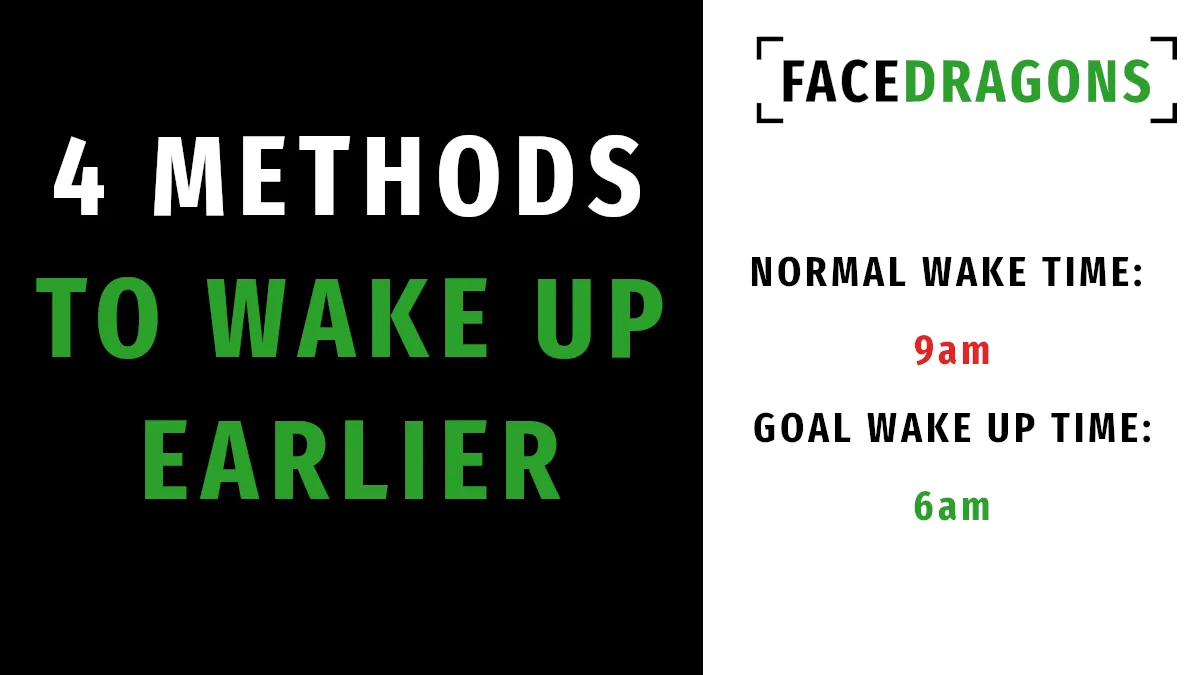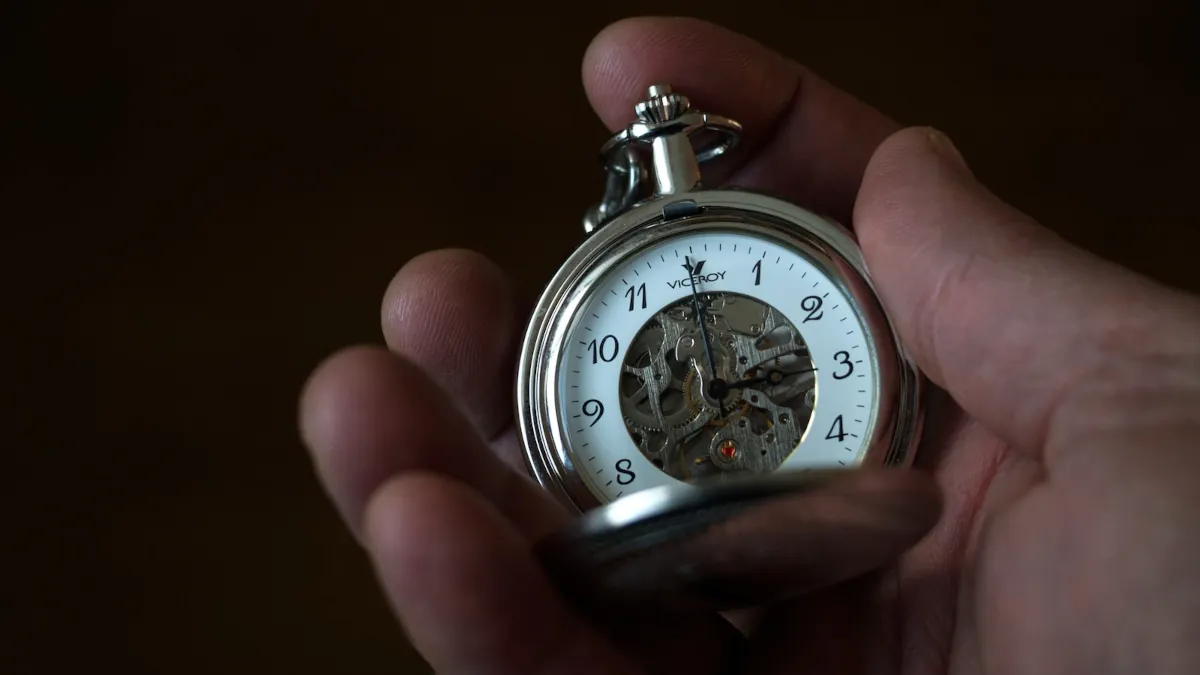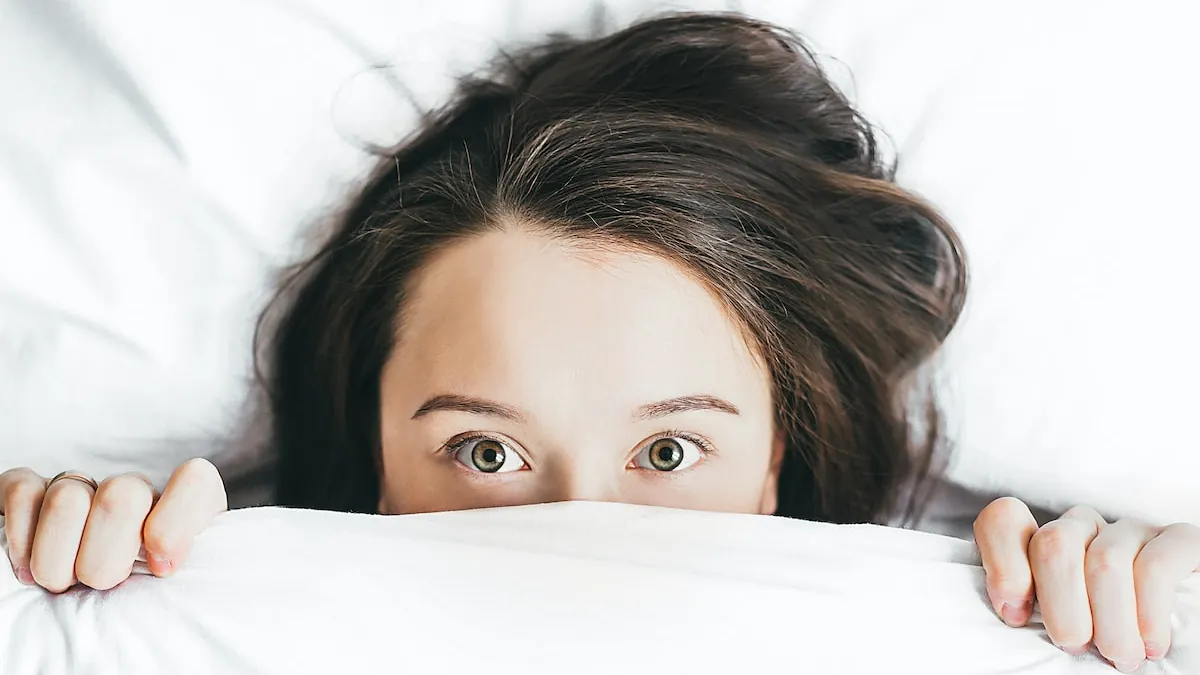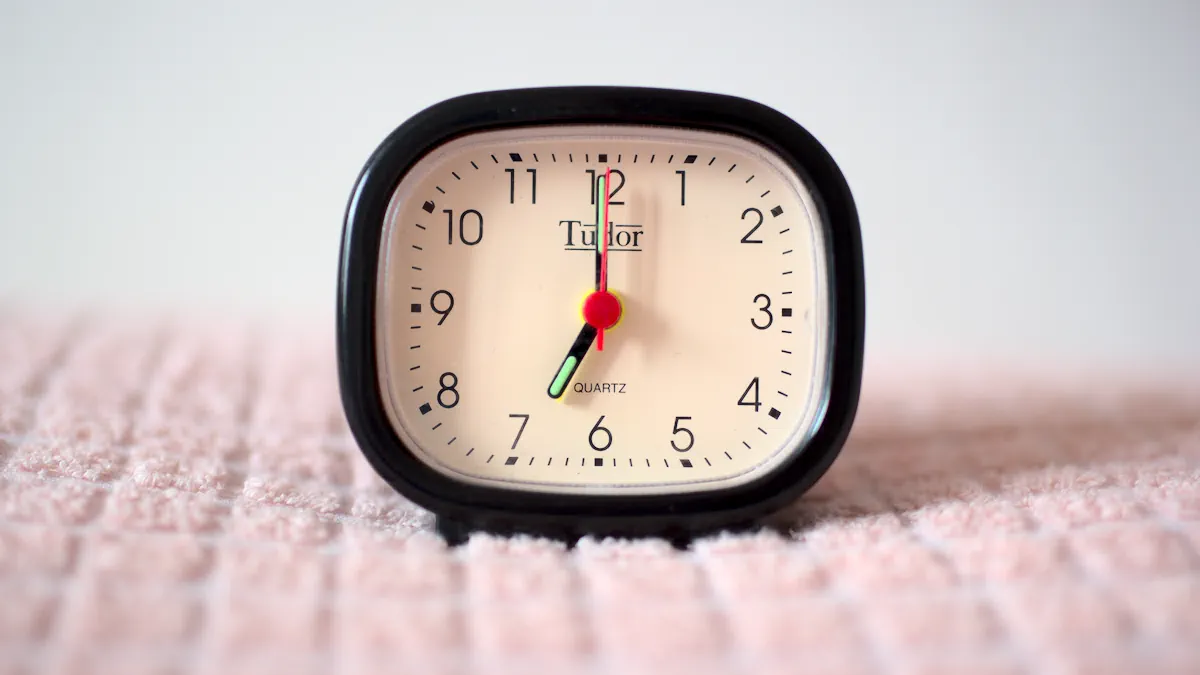The world has questions about sleep, and every month hundreds of thousands of people are turning to Google for answers. Instead of relying on Google, however, health-related questions are better answered by an expert.
Experts from Bed Kingdom decided to collect the world’s most Googled sleep-related questions and answer them once and for all.
1. “How Can I Fall Asleep Faster?” – 215,000 Searches per Month
“How can I fall asleep faster,” is the most Googled question regarding sleep. It receives over 215,000 monthly searches worldwide. With so many people wanting to know how they can fall asleep faster, a little understanding of the science behind sleep is the best place to start.
Melatonin is the key to sleep, it is the hormone secreted by the pineal gland, and a lack of melatonin is one likely reason you cannot fall asleep quickly.
There are two important solutions to keeping melatonin levels high when it’s needed most. The first is to maintain a regular sleep schedule, which may require some self-discipline. Going to bed at different times during the week or getting up at different hours will dysregulate melatonin production.
Light also affects melatonin production. When light hits sensors in the eyes and skin, it tells the pineal gland to shut off the secretion of melatonin, which is why you don’t feel sleepy at midday. Any light sources in your bedroom will therefore affect your melatonin levels and result in trouble getting to sleep, so keep it dark.
2. “How Much Sleep Do You Need?” – 105,000 Searches per Month
The amount of sleep an individual requires depends on their age, health conditions, previous sleep quality, and even personality type.
The following recommendations are in line with the guidelines given by the CDC (Centers for Disease Control and Prevention.)
- Newborns require 14-17 hours
- Infants require 12-16 hours
- Toddlers require 11-14 hours
- 3-6 year-olds require 10-13 hours
- 7-12 year-olds require 9-12 hours
- 13-18 year-olds require 8-10 hours
- Pregnant women require 8-10 hours
- People suffering from cold or flu require 7-9 hours
For the average adult, who is neither pregnant nor ill, 7 hours is the minimum amount of sleep they should aim to get each night.
3. “What Is Sleep Paralysis?” – 90,900 Searches per Month
Numerous things can happen during sleep paralysis, but the most common is a paralyzed feeling, where you cannot move, speak, or even open your eyes. You may feel frightened, as if someone is in the room with you or something is pushing you down.
Sleep paralysis is uncommon and may only occur once in your lifetime; it’s generally harmless and will quickly dissipate. People who experience sleep paralysis no doubt get up that day and head to Google to find out what it is and how to stop it from reoccurring, which is why it receives over 90,000 monthly searches.
Unfortunately, sufferers may not get the answers they are looking for. It is not clear why sleep paralysis occurs, though it has been linked to insomnia, narcolepsy, PTSD, and disrupted sleeping patterns.
Sleep paralysis may be preventable by improving sleeping habits. Ensure you get at least at least seven hours of sleep a night, maintain a consistent sleep pattern, and get regular exercise.
4. “Why Can’t I Sleep?” – 89,900 Searches per Month
If you’re suffering from insomnia, speak to your doctor or health professional.
The question “Why can’t I sleep,” is broad and can have many different answers; it’s essential to consult a medical professional if you think you may have insomnia. However, other less severe problems may cause trouble falling asleep at night.
One likely reason is stress and anxiety. Stress is often related to feeling overwhelmed at work, although other causes, such as caffeine and alcohol, are common.
Studies show that consumption of alcohol increases during times of stress, but frequent or excessive drinking also increases stress and anxiety levels, creating a vicious cycle. Denise Graham, a counselor in Cleveland Clinic’s Alcohol and Drug Recovery Center, says that by using alcohol to numb feelings of stress, “You’re not learning how to cope with things as they are right now.”
Another reason could be an uncomfortable environment. The environment you sleep in significantly impacts sleep quality. A quiet, cool, dark room with a comfortable bed creates the ideal atmosphere for a good night’s sleep.
5. “What Is Sleep Apnea?” – 80,900 Searches per Month
Sleep apnea is a disorder that intermittently causes breathing to stop while sleeping. Cases can be mild, but sleep apnea can be severe if not diagnosed or treated.
Symptoms include gasping, snorting, choking noises, loud snoring, and waking up often through the night.
The disruption to sleep can cause symptoms such as tiredness, headaches, or mood swings during the day. Luckily, there is treatment for sleep apnea; the first step is getting checked, so if you suspect you may suffer from sleep apnea, talk to your doctor. Treatments include using a CPAP machine – a mask that pumps air into your nose or mouth while you sleep.
Maintain Healthy Sleep Habits
Counting sheep may help some to fall asleep, but there are better habits for ensuring a good night’s sleep tonight. Going to bed at the same and waking up at the same time every day will train your body to go to sleep and help you get better quality sleep throughout the night. Other good sleep habits include:
- Limiting alcohol intake
- Reducing caffeine, especially later in the day
- Regular exercise
- Reducing stress
If you are suffering from any sleep-related problems, talk to your doctor or health professional.






